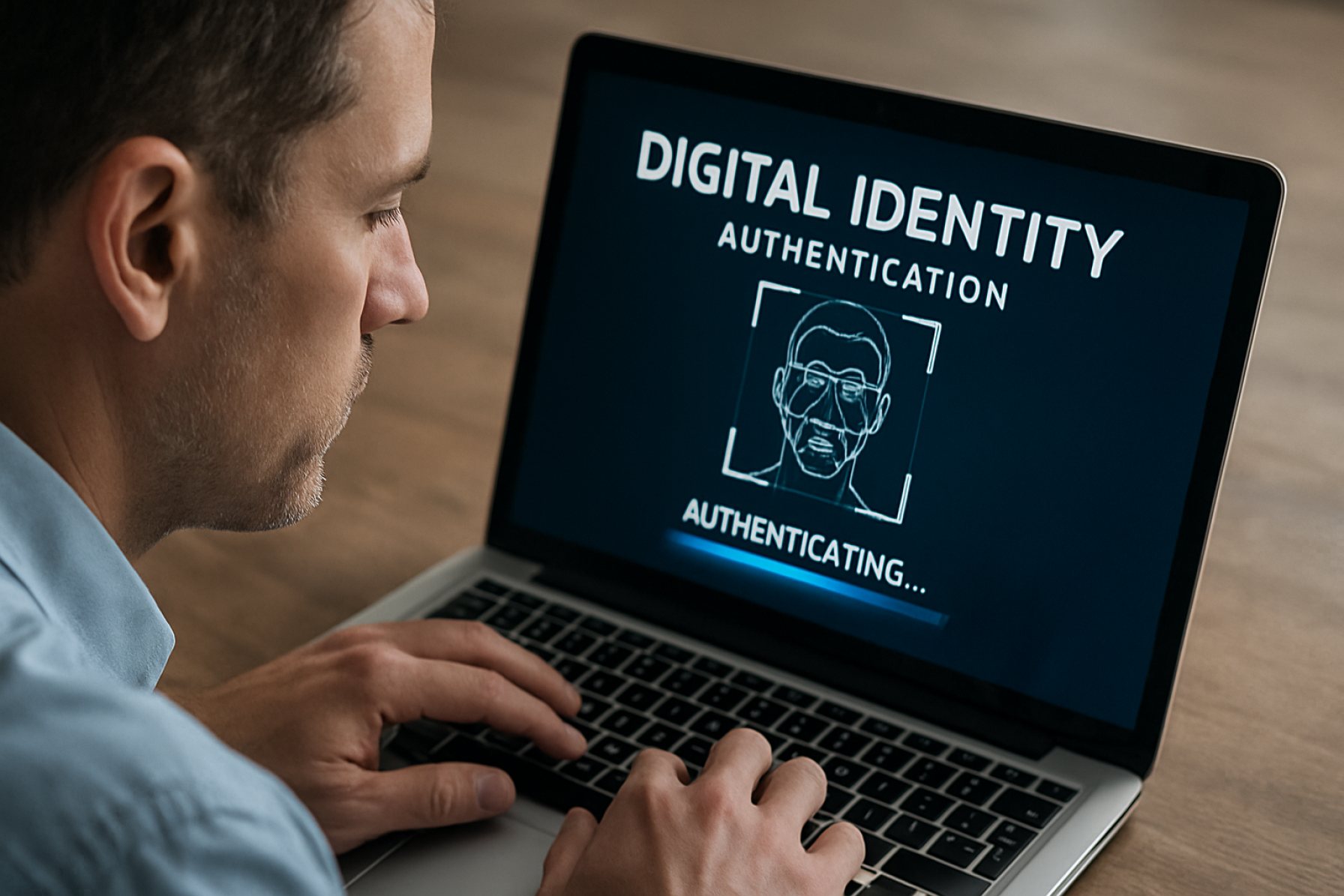Why AI - not DEI - could be society's great equalizer
In companies across America, AI systems are coding software, creating marketing campaigns, and writing legal briefs — jobs that were once reserved for highly educated professionals.
The college degree, long touted as the great equalizer, is losing value as algorithms master tasks that take humans years to learn.
This isn’t some distant scenario; it’s happening now, and it will trigger the most profound workplace disruption since the Industrial Revolution.
While most Americans still view today’s job market struggles as temporary, major employers are quietly rebuilding their workforce strategies around AI-driven productivity increases, along with massive labor reductions. The revolution that’s coming won’t just change how we work, it will also upend who works at all.
The data tells a stark story. McKinsey researchers project that 60%-70% of worker activities could be automated in the next three years.
Goldman Sachs predicts “significant disruption” affecting 300 million jobs in the US and Europe. The World Economic Forum estimates 85 million positions will be eliminated by the end of 2025.
This AI revolution will also shatter the very assumptions on which diversity, equity, and inclusion frameworks have been built.
For decades, DEI operated under a prescriptive model: Expand access to elite education and professional careers, seen as bastions of privilege where White people disproportionately benefit from systemic advantages. The “knowledge economy” was framed as the promised land, and entry into white-collar strongholds — law, finance, tech, media — became the key to achieving both individual mobility and group equity for underrepresented groups.
But what happens when AI targets those very professions for elimination?
The evidence is clear: The occupations most vulnerable to AI displacement aren’t blue-collar; they’re white-collar, knowledge-economy jobs. Goldman Sachs’ analysis shows that administrative support roles face 46% automation potential, legal work 44%, and architecture and engineering 37%. Meanwhile, installation, maintenance, and repair jobs face only 4% automation potential, and construction 6%.
This creates a policy conundrum: How viable will any DEI model be when the majority of jobs lost are among “privileged” white-collar workers? Traditional identity-based frameworks become inadequate when both Ivy League graduates and high-school-educated workers face simultaneous displacement.
Paradoxically, the AI revolution may also usher in an era where blue-collar work offers more security than white-collar careers. Plumbers, electricians, HVAC technicians, and other tradespeople operate in unpredictable physical environments, precisely the conditions AI and robotics struggle to navigate.
These are also fields where people of color are not underrepresented. According to Bureau of Labor Statistics data, Black workers constitute substantial portions of certain skilled trades, including nursing assistants (38%), security guards (36%), and transit drivers (33%). Similarly, BLS data finds that Hispanic workers are “substantially overrepresented” in skilled trades like painting (59%), construction labor (51%), and carpentry (42%). As AI disrupts the economic security of college-educated professionals, it may, ironically, elevate sectors that DEI initiatives have largely overlooked.
For the Black community, this economic shift has an important historical parallel. When enslaved Americans in Texas finally received news of their emancipation on June 19, 1865, many chose to forge pathways to economic advancement through skilled trades and entrepreneurship.
Recognizing that financial independence was essential to freedom, they built sustainable livelihoods as blacksmiths, carpenters, seamstresses, and business owners. Similarly, today’s AI revolution may once again elevate trades and practical skills as crucial avenues of economic security for Blacks forced to pivot in a changing landscape.
Today, the impact of AI challenges fundamental assumptions underlying DEI initiatives and necessitates an expanded framework for inclusion. It also invites a mandate to prepare all workers to thrive in an AI-mediated economy, not by chasing a shrinking number of office jobs, but by redefining what inclusion means in a post-white-collar era.
This includes rethinking vocational education, investing in digital fluency across sectors, and honoring skilled trades not as fallback options, but as integral components of a resilient and equitable workforce.
The coming disruption isn’t just technological; it’s philosophical. As AI challenges the value of human labor, it will force us to reconsider what makes us valuable beyond our economic output.
This recognition of our common humanity could serve as the foundation for a new kind of inclusion, one defined by our shared vulnerability, adaptability, and inherent dignity in a machine-accelerated world.
We can approach the AI revolution as competing members of identity groups fighting for diminishing economic opportunities, or as a nation confronting a fundamental shift in how we define our worth and purpose.
The latter path offers the possibility that, in facing a common technological challenge, we might finally focus on what unites us rather than what divides us.
Monica Harris is the executive director of Fair For All.

















